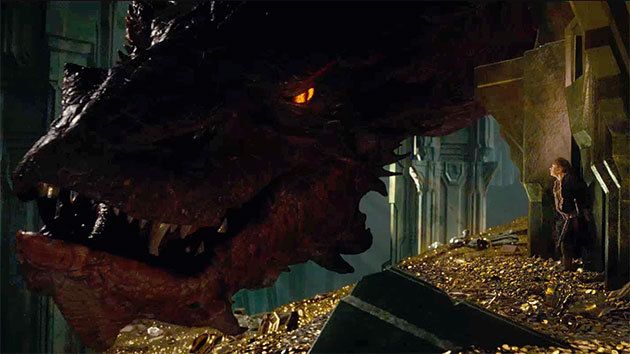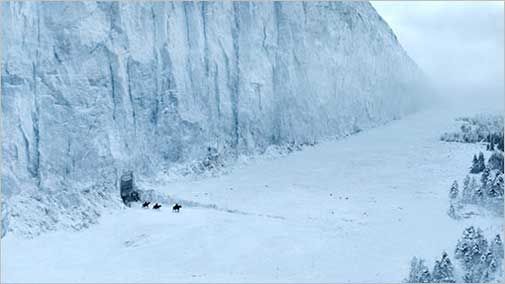
A rather large book arrived from Amazon yesterday. It’s a prep book for the Graduate Record Examination, or GRE. I rented it with the intent of taking the daunting test, and returning to graduate school. The question is, once I have a Masters of Fine Arts in, for example, Creative Writing, what will I do with it?
I don’t necessarily need the degree to be more successful as a writer. For that, I just need to write more. Promote more. Be more productive after long days of productivity. Continue to essentially work two jobs. So on, and so forth.
The more I research MFA programs, the more it dawns on me that it isn’t just my education that concerns me. I think others could use some help when it comes to writing. It’s always been a goal of mine to inspire others to want better stories, to be the ones to write those stories, and to make a difference in the world. I think part of my frustration with my current circumstances is that it’s difficult to see the difference I’m making when the work I do with the lion’s share of my time could be done far more easily by someone ten years younger who’s half as jaded and nowhere near as exhausted.
I wish I was the kind of person who could just accept things as they are and roll with it until outside circumstances improve. There’s a part of me that’s jealous of people who have that capacity. My life would be a lot easier if I could just internalize and accept my situation. Yet here I am, nursing both headache and heartache, making what amounts to an escape plan and trying to plot a better future for myself rather than being content with and making the most of a less than ideal situation.
I’ve gone forward blindly before, without any semblance of a plan or strategy, into the future, and so far it hasn’t yielded anything resembling ideal results. I really need to change that, for myself, and that means some pretty radical changes. Taking the GRE, going back to grad school, convincing myself that it isn’t too late to get myself in a position to make others better readers, better writers, better consumers of media… that all sounds pretty radical, to me.
I’m still learning. More to the point, I’m still learning things about myself. As volatile and changeable and mercurial as my thoughts and emotions can be at times, I’m trying to learn that my instincts are worth trusting. I’m learning that it’s okay to be up-front about my feelings and questioning of my circumstances. And I’ve learned that it’s never too late to take steps to do what is best for me, not necessarily what I’m expected to do or what I think someone else would do no matter how much I aspire to be like that someone else.
In the end, isn’t that what being an individual is all about?






